#Italian women
Text
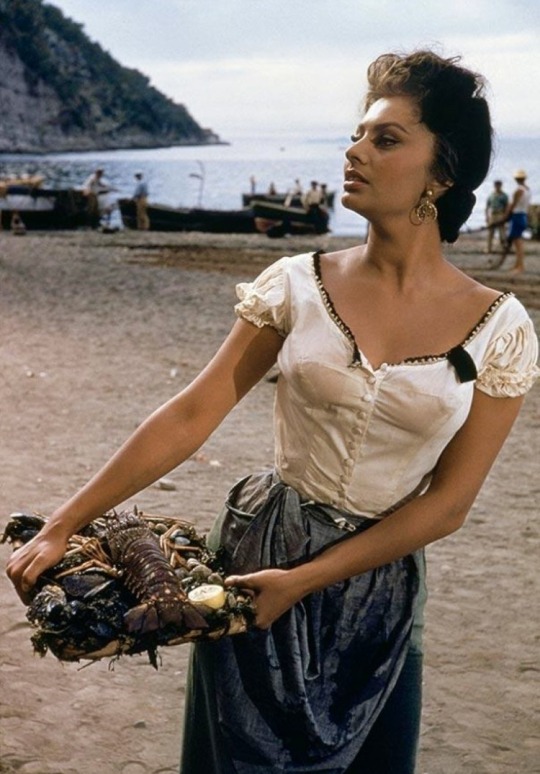
Sophia Loren in Rome, 1955
#sophia loren#old hollywood#50s#1950s#sofia loren#italy#woman#italian women#dario argento#italia#old movie stars#vintage#photography#portrait#lady gaga#madonna#ariana grande#lana del rey#asia argento#marilyn monroe#audrey hepburn#elizabeth taylor#rome#aesthetic#50s aesthetic#actresses#actress#beautiful#kim kardashian#selena gomez
433 notes
·
View notes
Text


Monica Bellucci attends the premiere of The Matrix Reloaded at the 56th International Film Festival on May 15, 2003 in Cannes.
#monica bellucci#belluccidaily#dailywomen#monicabellucci#userklaudia#vanessa#events#appearance#public appearance#monicabellucciedit#italianedit#italianstream#italian women#userrobin#dailywomansource#breathtakingqueens#wonderfulwomendaily#dailyworldcinema#matrix reloaded#premiere#flawlessbeautyqueens#flawlesscelebs#flawlesswomen#flawlessfemale#userstream#2003#userladiesofcinema#userladiesblr#ladiesofcinema
193 notes
·
View notes
Text
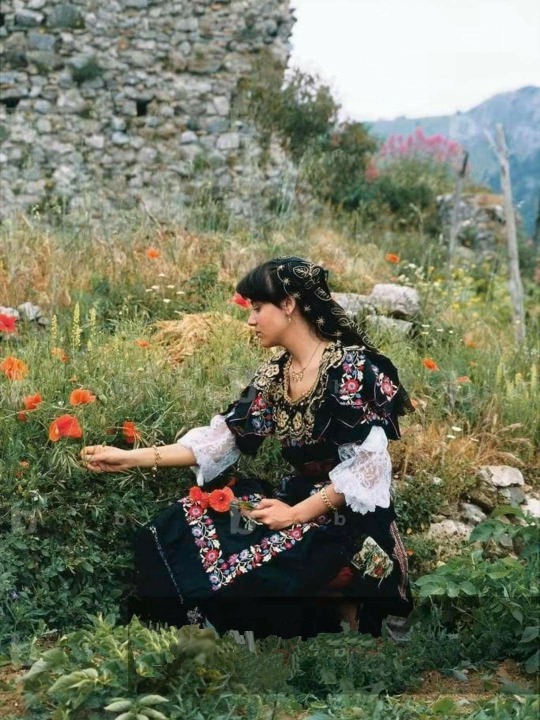
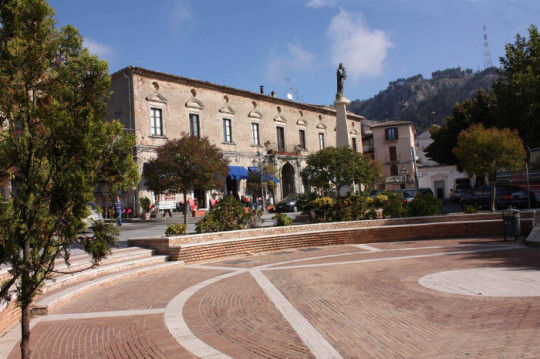


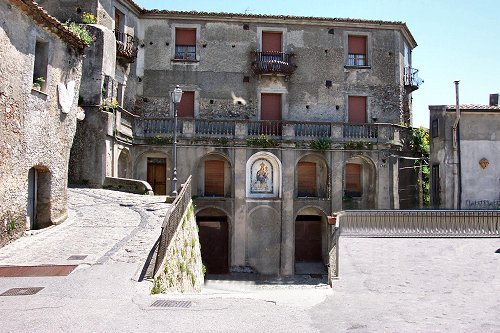
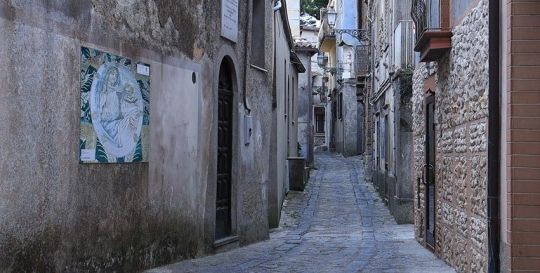
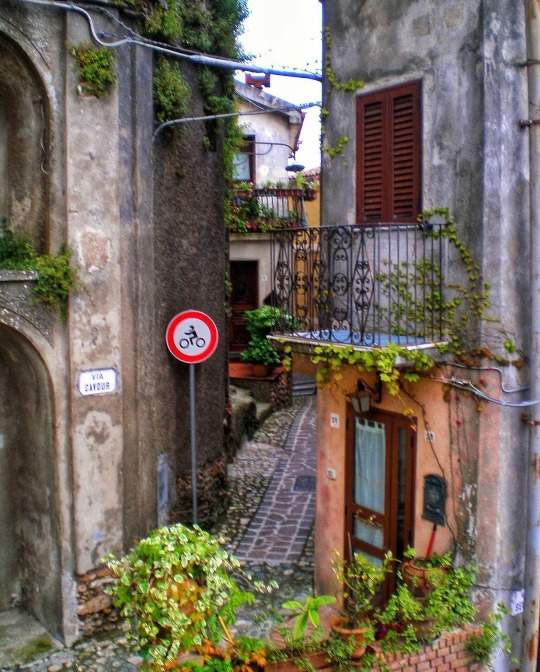

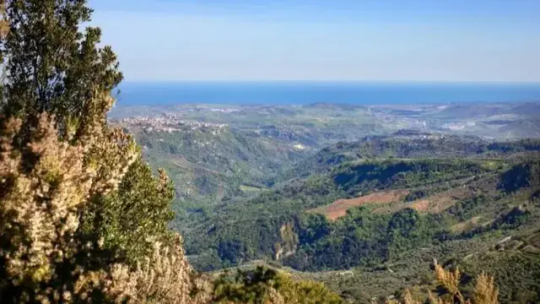
Tiriolo, Calabria, Italy
The houses in the historic center of Tiriolo are perched like in a nativity scene, making up the old part of the town, while the new buildings extend along the foot of the hill, nestled between the mountains and the valleys.
Legend traces the origins of the settlement of Tiriolo back to Hellenic people six centuries before the Trojan War or even identifies it with the mythical Scherìa, the happy homeland of the Homeric people of the Phaeacians. Archaeological findings, however, support the hypothesis of the existence of a dwelling nucleus since the Neolithic, as revealed by finds such as polished axes, rudimentary chisels and obsidian scrapers. The subsequent Roman presence finds its most relevant testimony in the famous bronze tablet engraved with a text concerning the Senatus Consultum de Bacchanalibus, a decree of the second century AC, with which the Roman senate prohibited the Bacchanalia, orgiastic rites in which even the elites participated and therefore considers it the context of possible conspiracies against the state. The artefact, found in 1640, is now in the Kunsthistorisches Museum in Vienna, offered in 1727 as a tribute to the Emperor Charles VI of Habsburg.
Follow us on Instagram, @calabria_mediterranea
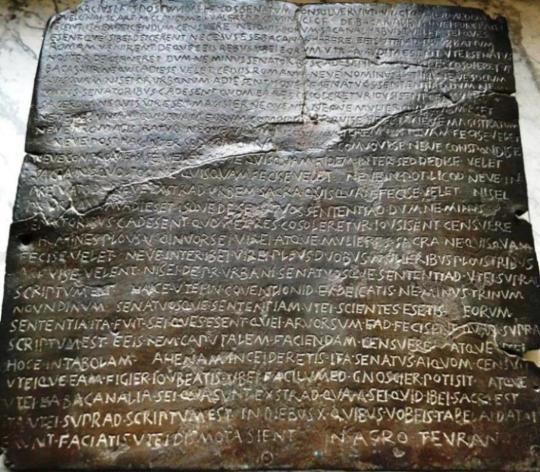
#tiriolo#calabria#italy#italia#south italy#southern italy#mediterranean#italian#europe#landscape#italian landscape#folk costume#folk clothing#traditional clothing#folklore#picking flowers#flowers#italian women#italian girls#nature#nature photography#sea#seascape#mediterranean sea#ionian sea#beautiful view#beautiful views#mountains#mountainscape#architecture
41 notes
·
View notes
Text

#maria grazia cucinotta#goddess#legs and heels#legs for miles#smoke show#legs for days#movies#italian women#Italy#italian film#body that won’t quit
29 notes
·
View notes
Text

Maria Grazia Cucinotta
20 notes
·
View notes
Text


Drea De Matteo as Adriana La Cerva in “The Sopranos”
#adriana la cerva#drea de matteo#the sopranos#italian#italia#italian women#tony soprano#Chris moltisanti is a scumbag#feminism#beautiful women#carmela soprano#junior soprano#bobby baklava#paulie walnuts
131 notes
·
View notes
Photo
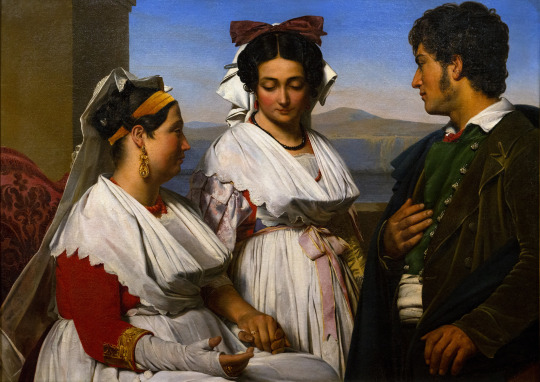
Guillaume Bodinier (French, 1795-1872)
La Demande en mariage (The Marriage Proposal), 1825
#Guillaume Bodinier#french art#france#french#the marriage proposal#la demande en mariage#italian women#women#italian#woman#man#italy#italian peninsula#mediterranean#european#european art#mother#art#fine art#classical art#female#culture#caucasian#cradle of civilization
69 notes
·
View notes
Photo

Monica Bellucci in La Riffa, 1991
(Upscaled version)
19 notes
·
View notes
Photo

Valentina Lodovini
15 notes
·
View notes
Text

We suddenly all wished we could look wet all the time. 💦 ~ Sophia Loren, 1957
#sophia loren#1950s#movie stars#vintage#boy on a dolphin#old movie stars#marilyn monroe#margot robbie#elizabeth taylor#audrey hepburn#grace kelly#ana de armas#jane fonda#kim kardashian#lana del rey#lady gaga#selena gomez#cate blanchett#cary grant#italian women#jessica chastain#old hollywood#50s aesthetic#kylie jenner#dakota johnson#aesthetic#movies#italy#turner classic movies#beautiful
723 notes
·
View notes
Text


Monica Bellucci as seen leaving Costes Restaurant on October 1st, 2023 in Paris, France
#monica bellucci#dailywomen#monicabellucci#vanessa#userklaudia#italian women#belluccidaily#wonderfulwomendaily#userreh#userrobin#userstream#paris#france#out and about#paparazzi#italiansedit#italianedit#*#flawlessbeautyqueens#flawlesscelebs#flawlessfemale#flawlesswomen
107 notes
·
View notes
Text
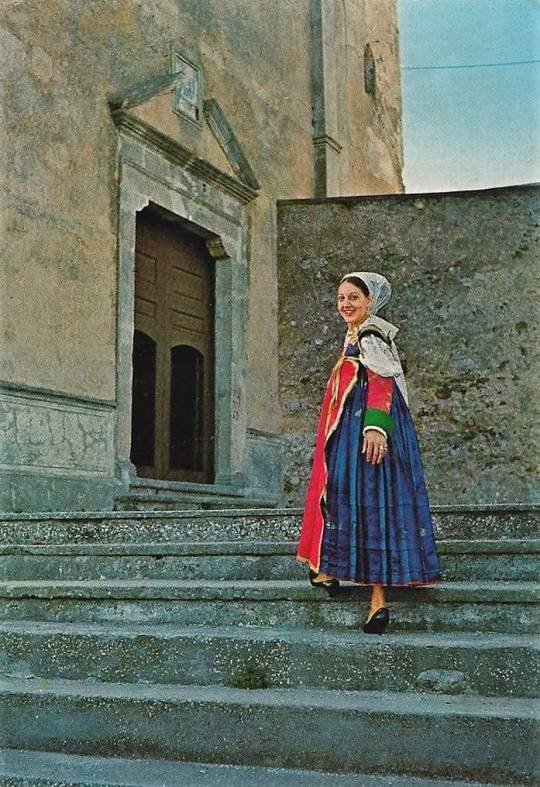
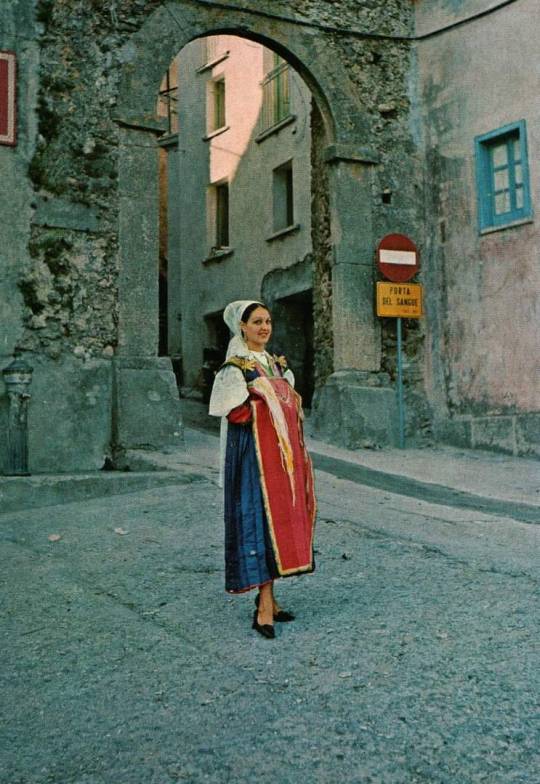
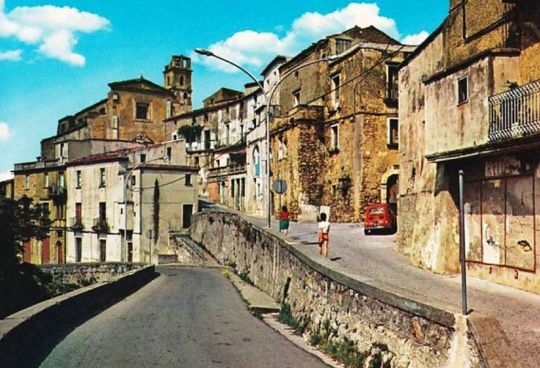
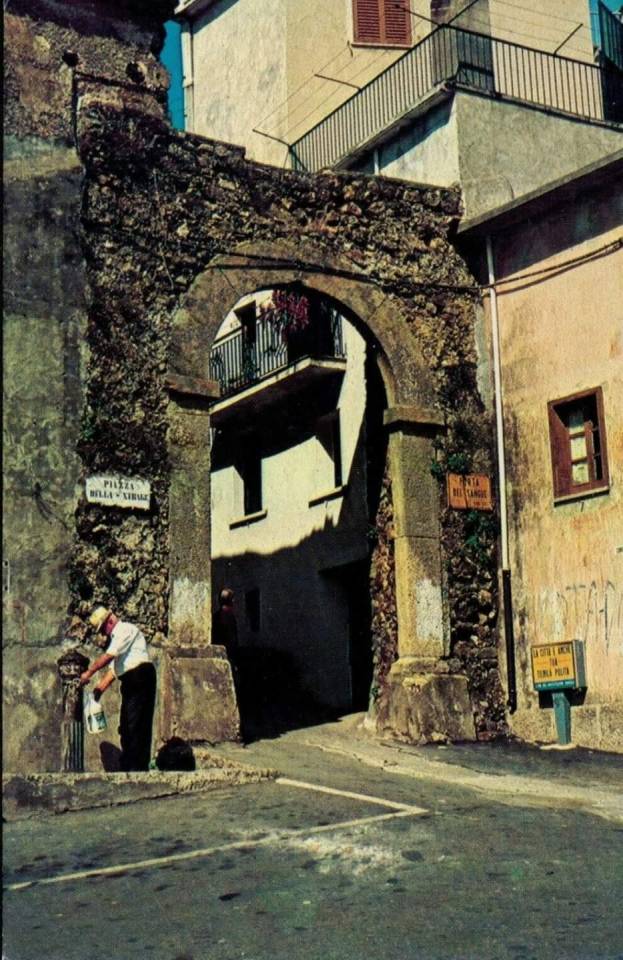
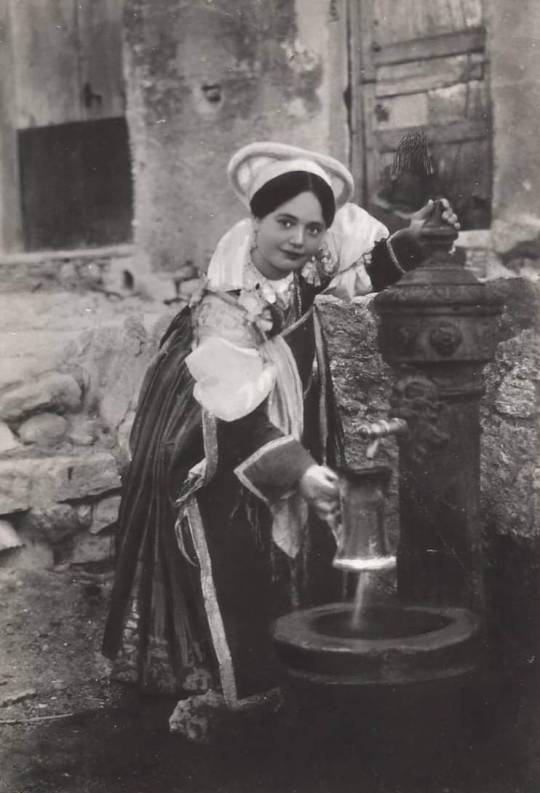
Occitan is still spoken in Southern Italy's Calabria
Blessed with one of the most beautiful languages, Italy is also home to a plethora of linguistic minorities, twelve to be precise, across fourteen regions, with almost three million speakers. The Occitan linguistic minority of the Alpine valleys of Northern Italy's Piedmont and Liguria is probably one of the most well known, also because of the importance the language had in the history of European culture and literature: the Langue d’Oc and its poetry inspired the troubadours of Provence, in Southern France. In those days, Occitan was spoken in the South of France, from the Atlantic to the Alps, but today only small pockets of Occitan-speaking people exists, mostly across the Alpine valleys of France, Liguria, Piedmont and in thr town Guardia Piemontese, in Southern Italy's Calabria.
How did Occitan speaking people end up from the mountains of Northern Italy to the southernmost region of the Italian peninsula?
It’s a long story, one that brings us back to the 13th century, to a religious minority called Waldensians and to the fact Calabria is known for being a welcoming land for all those seeking refuge, from Greeks to Albanians and Jews.
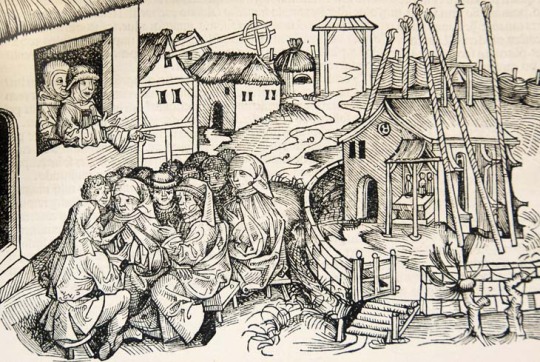
The Waldensian movement had developed in the Cottian Alps between France and Northern Italy towards the end of the 12th century, most likely thanks to the contributions of Peter Waldo (from whom the movement took its name). Waldensians lived a life of asceticism and poverty, but some of their more extreme views — lack of faith in transubstantiation and having associated the Catholic church with the “harlot of the Apocalypse” — turned them into religious pariah and victims of persecution across Europe.
A considerable group of Waldensians moved to Calabria in the 13th century to escape persecution in Northern Italy and the land of Calabria proved to be a blessing, because its fertile soil allowed the development of a prosperous community.
Guardia Piemontese is a town on the Western coast of Northern Calabria.

The date of Guardia's foundation is unknown, and the name of the place has changed several times in history. "Guardia" means watch or lookout, and this name is probably related to a lookout tower built in the 11th century. Such lookout towers were built to warn against Arab pirates, then called Saracens, ravaging the coast.

For the first century, the community of Guardia cohabited peacefully with their Catholic neighbors, but things tragically changed when the Waldensians decided to join the Protestant Reform: then, they became the enemy and victims of a religious persecution that was to obliterate them in the early summer of 1561. Those tragic events are still remembered today in Guardia Piemontese, thanks to a monument called La Porta del Sangue, (the Gate of blood), a memento to the violence that killed so many and forced many others to conversion.
Despite the suppression of their religion, the people of Guardia, or La Gàrdia, as they call it, have continued to use their distinct Occitan dialect, Gardiòl. Not surprisingly, it has been influenced by the speech of their neighbours in Calabria. For example, Gardiòl has adopted the use of retroflex consonants, common in Sicily and southern Italy.
The traditions that the Waldensians brought from Piedmont to Calabria, such as the Occitan language and certain customs, have survived over the centuries right through to the present day.
In 1863 the name Guardia was changed to Guardia Piemontese, to honor the geographical origins of the Waldensians.
On 5 June 2011, 450 years after the massacre in Guardia, the Waldensian Church opened a museum and cultural centre in the town. The museums tells the story of how the Waldensians arrived all the way in Calabria and preserves agricultural tools, the traditional clothing of Guardia Piemontese, made with a particular yarn of broom and the famous hurdy gurdy, an French instrument of medieval origins. In the Occitan valleys in Italy, the hurdy-gurdy was the traveling companion of buskers.

The Waldensian Church and the municipal authorities now collaborate closely in cultural affairs. Numerous ecumenical events have been planned together with the local Catholic community to mark the 500th anniversary of the Reformation.
Follow us on Instagram, @calabria_mediterranea
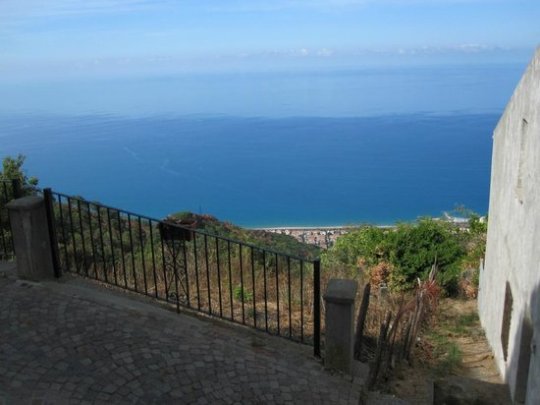
#guardia piemontese#calabria#italy#italia#south italy#southern italy#mediterranean#folklore#folk dress#traditional clothing#architecture#vintage#vintage photography#vingate photos#italian#italian women#folk costume#occitan#langblr#langue d'oc#d'oc language#heretic#heresy#hurdy gurdy#traditions#history#medieval
37 notes
·
View notes
Text
Elegant and Edgy: The Italian Waifu and the Empowerment of Italian Women
Dolce far niente is an Italian phrase that literally means "sweet idleness" or "the sweetness of doing nothing." The phrase is often used to describe the art of leisure and relaxation, and is often associated with the Italian culture and lifestyle.
The phrase has its origins in Italian literature, particularly in the works of Giovanni Boccaccio and Francesco Petrarca. In Boccaccio's "Decameron," a group of young people escape the Black Death by fleeing to the countryside and engaging in a variety of leisurely activities, such as storytelling and music-making. The phrase "dolce far niente" is used to describe their idyllic existence and the pleasure they take in doing nothing.
In modern usage, the phrase is often used to describe the idea of taking time to relax and enjoy life's simple pleasures, rather than constantly striving for success or productivity. It is a reminder to take a step back from our busy lives and enjoy the present moment.
Humorous example sentence: I've decided to embrace the dolce far niente lifestyle and become a time-traveling K-drama protagonist, infrequently hopping between ancient dynasties and modern day Seoul, finding love and adventure while indulging in my passion for idleness and leisure."

#Italian culture#Italian women#leather jacket#waifu#fashion#empowerment#independence#traditional#contemporary
8 notes
·
View notes
Photo

It’s beginning to look a lot like Christmas...in July! Shot this with Lauren Francesca a couple months ago.
#Lauren Francesca#iwantmylauren#goddessofcomedy#Christmas#Santa#Mrs. Claus#Ho ho ho#blonde#blondie#blonde beauty#blonde bombshell#blonde hair#italian#italian girl#italian women#italian model#legs#legs for days#cute legs#knee boots#knee high boots#boots#white boots#christmas tree#red lipstick#red lips#christmas in july
17 notes
·
View notes
Text


- Drea De Matteo as Adriana La Cerva in “The Sopranos” (part 2)
#adriana la cerva#drea de matteo#the sopranos#2000s#2000s film#mafia#mob#mob movies#italian women#italian#italian mafia#gabagool#tony soprano#christopher moltisanti#fashion#gorgeous
41 notes
·
View notes
Photo

11 notes
·
View notes